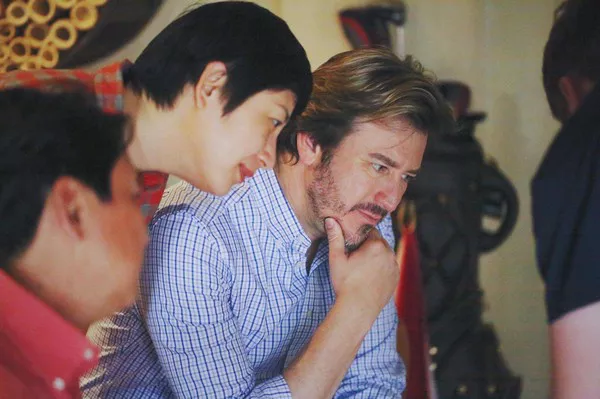Renowned psychotherapist Daniel Mackler sheds light on the perils of curiosity within the mental health field, highlighting the discrepancies he observed in scientific literature, diagnoses, and medication practices. In his insightful commentary, Mackler contends that much of the information presented in the mental health arena lacks scientific rigor and is, in essence, flawed.
Mackler reveals his journey of maintaining a fervent curiosity in the face of established mental health norms. He emphasizes the importance of asking critical questions and engaging in thoughtful inquiry, asserting that his inclination towards genuine curiosity often clashed with the prevailing narratives within the mental health community. This resistance, he notes, stemmed from a reluctance to challenge ingrained beliefs and an aversion to self-reflection.
As Mackler shares his experiences, he acknowledges the discomfort his questioning approach caused within the mental health field. He points out that many professionals felt threatened by his inquiries, illustrating a reluctance to entertain alternative perspectives and a loyalty to preconceived notions. Mackler suggests that this resistance is indicative of a systemic lack of curiosity, a devotion to unexamined truths, and an adherence to what he terms as “lies.”
In his role as a therapist, Mackler reflects on the positive reception his curious and questioning stance received from clients. He describes a therapeutic approach that encourages individuals to explore their own narratives, challenge conventional wisdom, and reject predetermined diagnoses and medication solutions. This approach, grounded in curiosity and self-exploration, has proven, in Mackler’s view, to empower individuals and foster meaningful change.
However, Mackler also acknowledges that not all clients embraced this approach, underscoring that some preferred a more prescriptive, less introspective form of guidance. He attributes this resistance to the painful nature of self-exploration and the challenging conclusions that may arise.
Drawing a parallel to his parents, Mackler suggests that the avoidance of curiosity, both within the mental health field and the family system, is rooted in the discomfort associated with facing painful truths. He contends that curiosity, with its potential to challenge established norms, is often perceived as a threat to the status quo.
In conclusion, Mackler provocatively asserts that curiosity is inherently dangerous within the mental health context, drawing parallels to historical figures like Galileo and Copernicus who posed threats to established establishments. He contends that, at its core, the inquisitive nature of a child challenges the very foundations of family systems built on falsehoods. Mackler’s reflections serve as a call to reevaluate and embrace the risks and rewards inherent in cultivating curiosity within the mental health landscape.



























